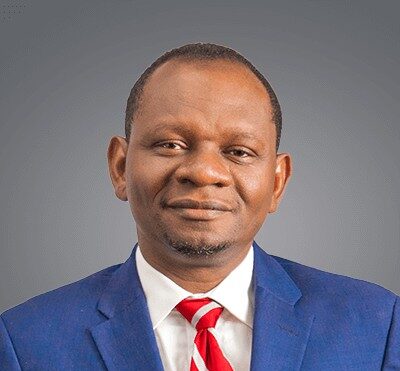
The Federal Government has initiated a major health sector reform with the deployment of 774 performance and financial management officers (PFMOs), assigning one to each local government area to bolster accountability and transparency across Nigeria’s primary healthcare (PHC) system.
Launched in Abuja, the initiative was formally unveiled by the executive director of the National Primary Health Care Development Agency (NPHCDA), Dr. Muyi Aina who described it as a pivotal move aligned with President Bola Tinubu’s health transformation agenda. He said the officers would be critical to tracking data, supporting community outreach, and ensuring effective use of funds from the Basic Healthcare Provision Fund (BHCPF).
“This is not just a policy; it is a transformational effort aimed at securing the future of healthcare in Nigeria, where young people not only participate but lead,” Aina stated.
He noted that over 60,000 health workers have already been retrained under ongoing reforms. In addition, PHC facilities across the country are being revitalised through solar power installations, modern medical equipment and improved infrastructure. Though the physical launch took place in the North Central region, the deployment is nationwide, covering all 36 states and the Federal Capital Territory.
Aina emphasised that the involvement of traditional institutions further reinforces grassroots collaboration, ensuring that healthcare reform reaches the most underserved communities.
A health economist with the World Health Organisation (WHO), Dr. Francis Ukwuije, praised the Nigerian government’s efforts to ensure value for money in healthcare spending. He identified equity, efficiency, effectiveness, ethics and dignity as key pillars for achieving quality and sustainable healthcare.
“The appointment of PFMOs is a commendable step. But we must also stress the importance of ethics and dignity in care delivery—principles that lie at the heart of WHO’s values,” Ukwuije said, calling for a strong learning agenda to ensure that lessons from the deployment are institutionalised and shared globally.
Echoing that sentiment, senior health specialist at the World Bank, Dr. Onoriode Ezire likened the reform to the earlier Nigeria State Health Investment Project (NSHIP), which pioneered direct facility financing more than a decade ago. He pointed out that underfunding and poor management often hamper PHC facilities—not because health workers are uncommitted, but because many lack the managerial training to oversee finances, planning and reporting.
“To succeed, this initiative must be supported by continuous technical assistance,” Ezire said. “Health workers need to be equipped with the tools to manage resources and data so they can focus on delivering quality care.”
Firsthand testimonies from stakeholders underscored the programme’s immediate impact. Mallam Mohammed Baba Gana from Niger State said the initiative has helped rebuild public trust in local healthcare delivery.
“For the first time, we have dedicated eyes and ears on the ground to ensure funds are spent where they matter most. With PFMO support, we feel more confident managing finances and can now focus on actual care,” he said.
Farida Mohammed from Kogi State reported similar improvements in her community. “We now have more drugs, the staff are more responsive and someone is always monitoring progress. Before now, many of us struggled with budgeting. The PFMO training is bridging that gap,” she said.

